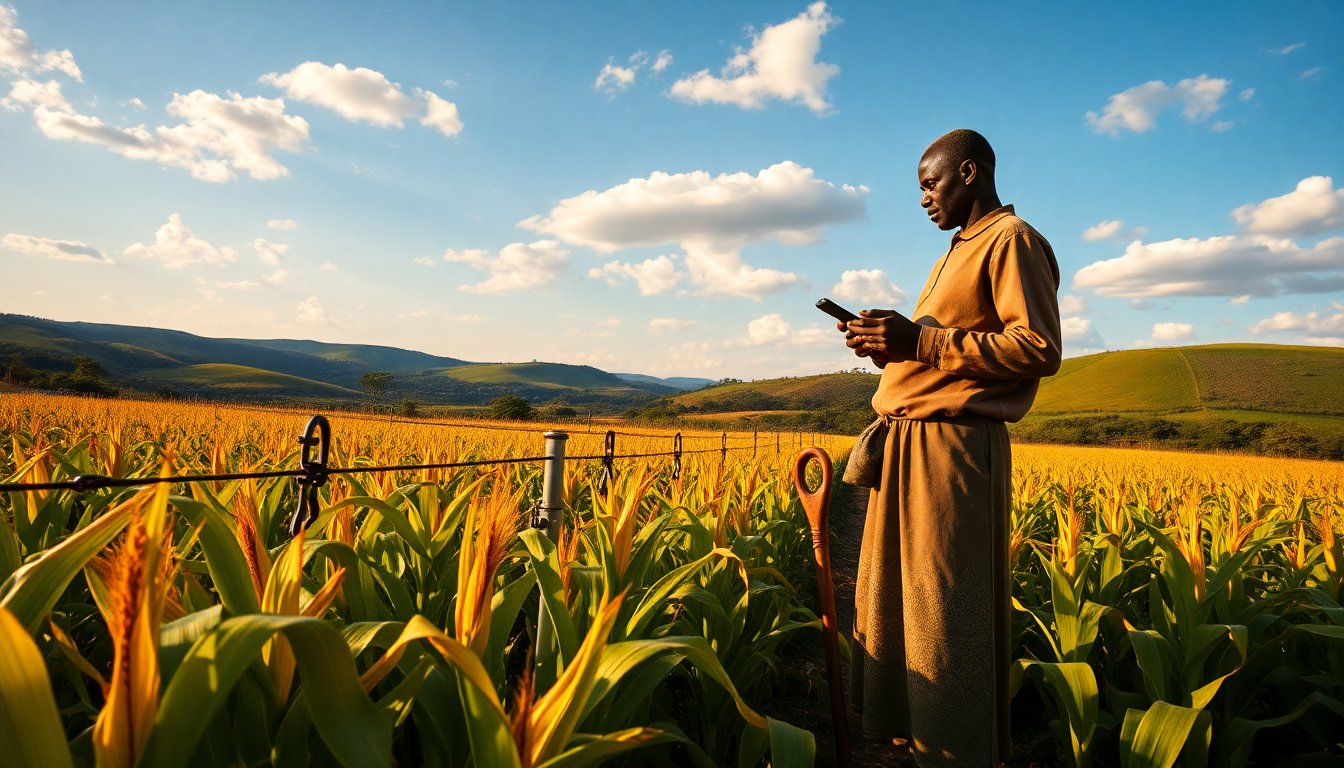Table of Contents
Malawi’s ongoing food crisis raises significant concerns, particularly for small-scale farmers vulnerable to climate change and natural disasters. In this challenging landscape, innovative solutions are emerging, particularly through the use of artificial intelligence (AI). A generative AI chatbot developed by Opportunity International is providing farmers with valuable insights into crop management, pest control, and drought forecasting, enabling them to better cope with adversity.
Understanding the food crisis in Malawi
The food crisis in Malawi is not a new phenomenon, but it has intensified in recent years due to a combination of factors, including erratic weather patterns, economic instability, and the aftermath of devastating events like Cyclone Freddy. This cyclone wreaked havoc on agricultural lands, displacing farmers and destroying crops. For example, Alex Maere, a 59-year-old farmer, faced the loss of his farm that had supported his family for decades. His production of 850 kg of corn was drastically reduced to a mere 8 kg in the wake of the cyclone.
Such tragedies highlight the fragility of smallholder farming in Malawi, where many rely on subsistence agriculture. The economic implications are severe, as food insecurity leads to malnutrition and economic instability in rural communities. The situation calls for immediate and effective interventions to support farmers in rebuilding their livelihoods and securing food supplies.
The role of artificial intelligence in agriculture
As the agricultural sector grapples with these challenges, AI technologies have emerged as a beacon of hope. The AI chatbot created by Opportunity International serves as a tool for farmers like Maere to access crucial information that can improve their farming practices. This generative AI provides advice on identifying crop diseases, optimizing irrigation, and implementing pest management strategies effectively.
Farmers can now receive real-time insights tailored to their specific circumstances, empowering them to make informed decisions. For instance, the chatbot can analyze weather patterns and soil conditions to forecast potential droughts, allowing farmers to prepare and mitigate risks. This proactive approach is essential for enhancing resilience against climate-related adversities.
Looking ahead: Opportunities for farmers
As AI continues to make inroads into agriculture, the potential for improved productivity and sustainability becomes increasingly apparent. The integration of technology into farming practices is not just about survival; it is about creating opportunities for growth and development. By leveraging AI, farmers can optimize their crop yields, reduce losses, and enhance their overall economic viability.
Moreover, the long-term benefits of adopting AI in agriculture could lead to a more stable food supply and stronger local economies. As farmers like Alex Maere adapt to these innovative solutions, there is hope that Malawi can overcome its current food crisis and build a more resilient agricultural sector for the future.


